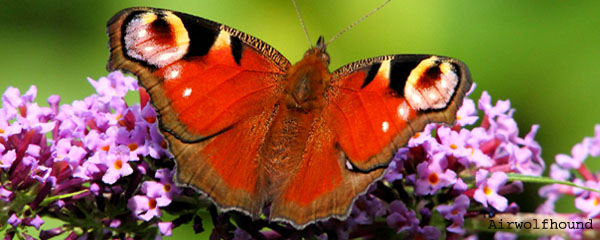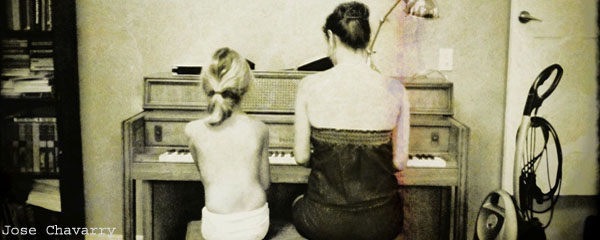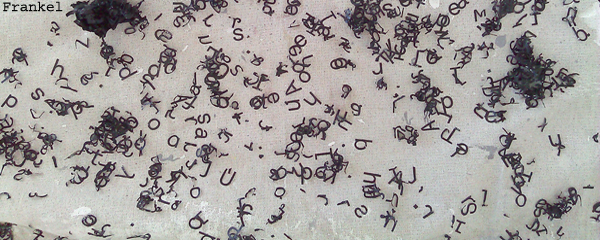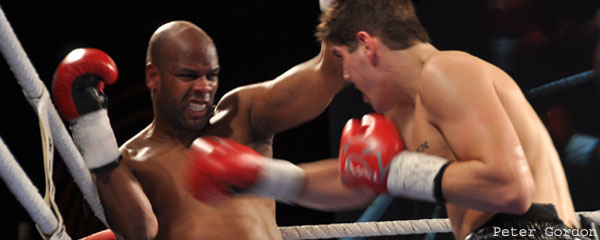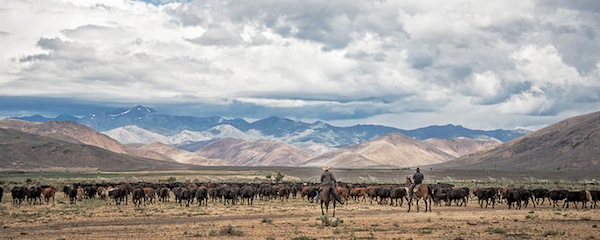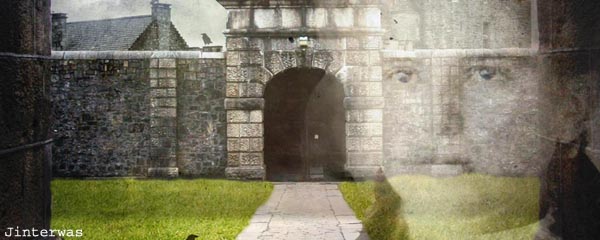JENNIE RYAN gives a taste of Ian McEwan’s short story ‘Butterflies’, from his collection First Love, Last Rites: ‘Ian McEwan powerfully evokes both the desolation of the urban landscape of London in the early 1970s and its equally emotionally desolate inhabitants.’
TESS ST.CLAIR-FORD finds the life of Carson McCullers reflected in her remarkable short stories: ‘It is the themes of “love and aloneness” that are the defining bedfellows of McCullers’ stories. Always present in McCullers’ work is an overwhelming sense of sadness, of place, of loss and of threads left untied…’
TIM LOVE explores the ground-breaking stories of Lydia Davis and finds that her writing defies easy categorisation: ‘Davis sometimes isolates a sentence or idea, removing it from its context, a concept that’s analogous to placing it on a plinth in the white-space of an art gallery.’
ALEX RUCZAJ explores the shapes and patterns of story writing: ‘In Kurt Vonnegut’s wonderful lecture on the shapes of stories, he draws curve after curve on his blackboard, showing the story arc – the ‘beautiful shapes’ that all traditional stories follow…’
EMILY BULLOCK experiences the shock of connection in the writing of F.X. Toole: ‘During my research I was constantly asked the question, Why Boxing? And my reply was: Have you ever read Rope Burns?’
LYNDA NASH guides us through a selection of exercises to battle those writing demons: ‘It’s difficult to write when your inner critic is telling you that your ideas are stupid, that you couldn’t string a decent sentence together to save your life, and that if you were a ‘proper writer’ you wouldn’t get blocked in the first place…’
Professor CHARLES E. MAY examines the love story of ‘Brokeback Mountain’ by Annie Proulx: ‘The fact of the matter is: Jack and Ennis love each other – with tenderness, passion, and concern – and people who love each other in this way – regardless of their gender – desire to be physically close…’
G. F. PHILLIPS examines the creative and destructive elements of class, gender, work and home in Lawrence’s ‘Odour of Chrysanthemums’: ‘an embedded narrative, ever-present, impinges on the lives of Lawrence’s industrial workers, so that the domestic squabbles are nearly always about work-related problems…’
ALEX MAIR finds the upheavals of the Edwardian era reflected in the short stories of Saki: ‘To dip into a Munro story is to step across the threshold of good taste, and enter into a darkly satirical universe; one filled with strange beasts, terrifying aunts, blood-thirsty animals, talking hens and angry, unyielding, god-like weasels.’
‘By the time these pieces were published, he had established a life in the world of literature and journalism, a life of editing with a reputation for impeccable taste and criticism…’ J.K. FOX finds quiet elegance and profundity in Francis Wyndham’s The Other Garden and Collected Stories.
